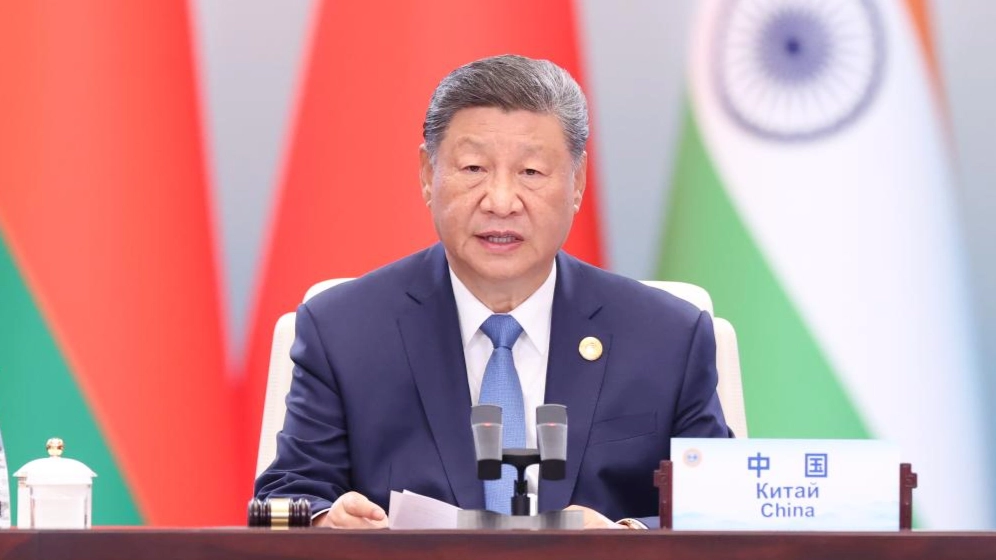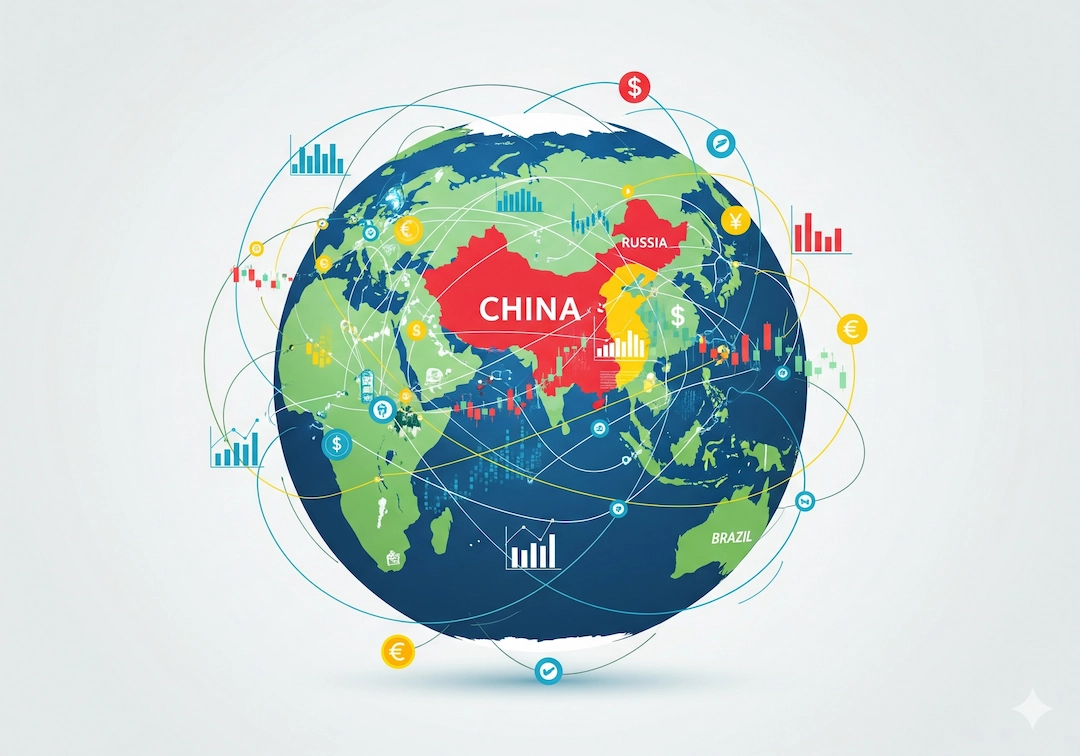GloNews10

The concept of a multi-polar world is no longer just a diplomatic slogan—it’s a central pillar of China’s foreign policy under President Xi Jinping. During the Shanghai Cooperation Organisation (SCO) Summit in Tianjin, Xi made a strong case for a shift in global governance and introduced the idea of creating an SCO development bank. These moves highlight China’s ambition to reshape the global order and challenge Western dominance.
Xi Jinping, in his keynote address, emphasized the urgent need for an inclusive multi-polar world. He argued that the existing global system is outdated, unequal, and controlled by a few dominant powers.
Xi stated:
“The time has come for a fair and just global governance system where all nations share responsibilities and benefits.”
This statement reflects China’s growing influence and its desire to reduce dependence on Western-led institutions. The multi-polar world concept aims to empower developing nations and strengthen regional alliances.
The term global governance refers to international cooperation on political, economic, and security issues. Xi’s vision includes reforms in financial institutions, trade policies, and diplomatic engagements to ensure equality for all nations. According to experts at the United Nations, these reforms could redefine how global decisions are made.
By promoting global governance, China positions itself as a leader of the Global South, promising alternatives to the current Western-dominated system.
One of the most ambitious proposals at the summit was the creation of an SCO development bank. This bank would finance large-scale infrastructure projects, promote sustainable growth, and offer loans with fewer political conditions compared to the World Bank or IMF.
If successful, the SCO development bank could become a cornerstone of financial cooperation among member nations like Russia, India, and Central Asian countries. For a detailed analysis, read this Financial Times report.

The current global landscape is marked by trade wars, sanctions, and geopolitical tensions. A multi-polar world offers an alternative where power is distributed among multiple centers instead of one dominant bloc. Advocates believe this could lead to fairer trade agreements, stronger regional partnerships, and reduced economic dependency on the West.
However, critics argue that China’s push for a multi-polar world is not just about equality but about expanding its influence globally.
If the SCO successfully launches the SCO development bank, it will accelerate the trend of de-dollarization and reduce the monopoly of Western financial systems. This could have long-term implications for the U.S. dollar’s dominance and open new trade corridors across Asia, the Middle East, and Africa.
Countries seeking investment alternatives may find the SCO development bank appealing, making the idea of a multi-polar world more practical than ever.
Xi Jinping’s strong advocacy for a multi-polar world, combined with the proposal for an SCO development bank, signals a new phase in global politics. Whether this vision succeeds depends on the unity of SCO members and their ability to offer real benefits without creating new power imbalances.